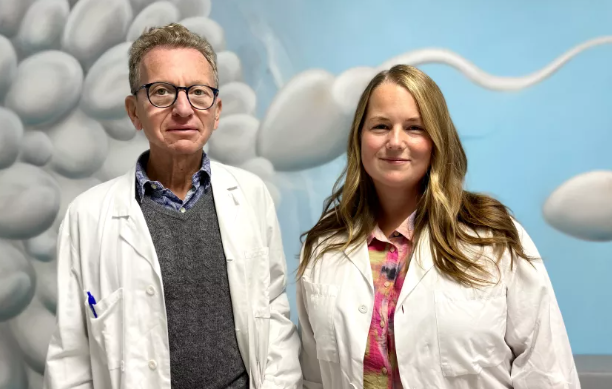We’re excited to share new findings from Lund University, led by ReproUnion researcher Aleksander Giwercman. For the first time, researchers have linked specific sperm defects to pregnancy complications and adverse effects on the child’s health. The study shows that DNA damage in the father’s sperm doubles the risk of preeclampsia in women undergoing IVF and increases the likelihood of premature birth.
With involuntary infertility becoming more prevalent and IVF treatments rising (5,614 children were born via IVF in Sweden in 2021), these findings shed light on why some pregnancies face complications. While women undergoing assisted reproduction are known to have higher risks of preeclampsia, miscarriages, and premature births, the underlying causes have not been fully understood.
High DNA fragmentation in sperm, which is related to the father’s general health, is a key factor. Oxidative stress, age, smoking, obesity, and infections are all contributing elements—but this condition is potentially treatable.
Aleksander Giwercman emphasizes that DFI analysis should become standard across all fertility clinics to provide answers to couples struggling with conception and to help identify high-risk pregnancies.
Amelie Stenqvist add – “Next steps include identifying the group of men who benefit most from methods that prevent and address sperm DNA damage, with the goal of reducing pregnancy complications,”.
If you want to now more about Amelie Stenqvists work check out this short video: https://lnkd.in/diGRebTy
To learn more read the official press release from Lund University

